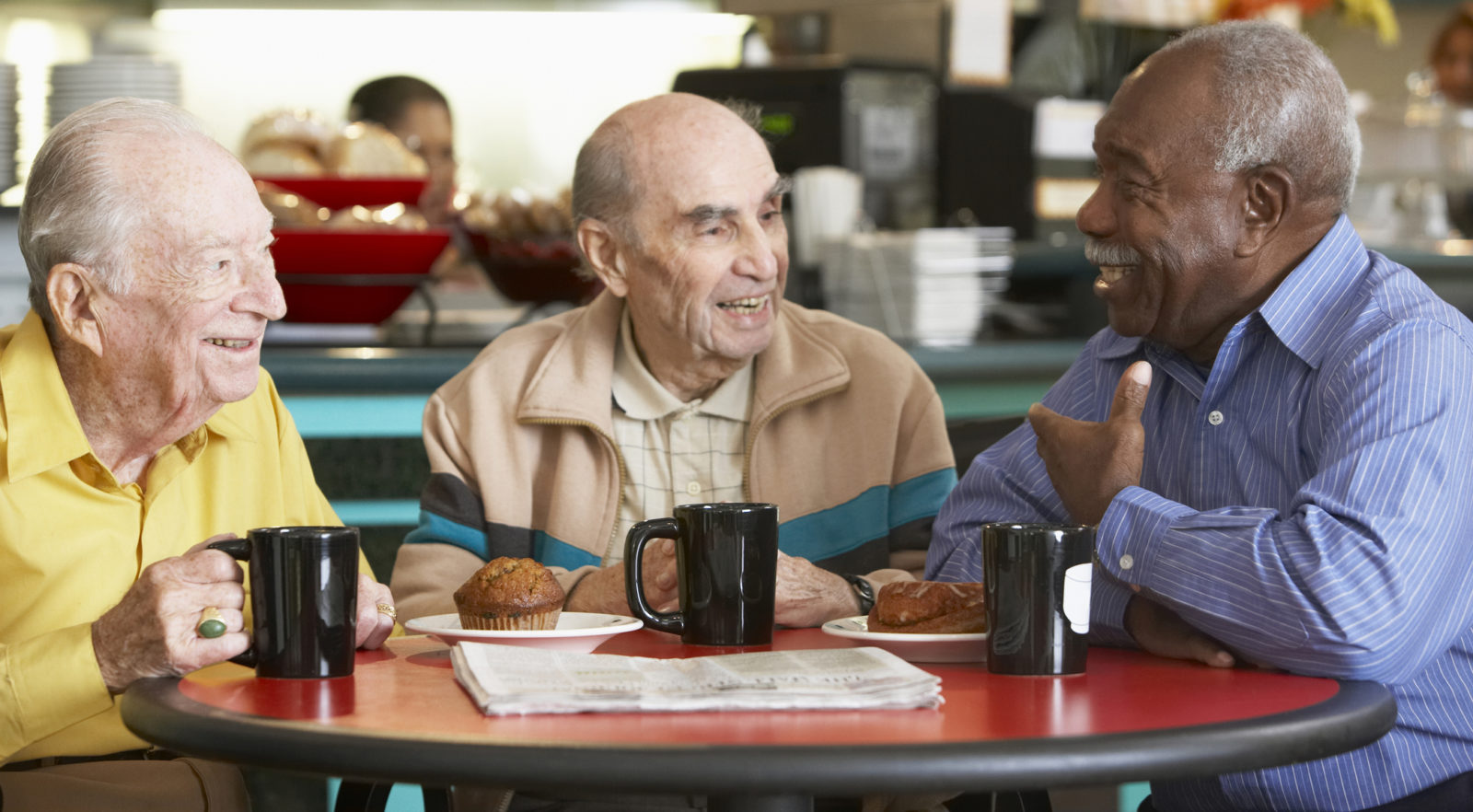What is the Secret to Aging Well?

Ask anyone for advice about living a long, healthy life and you’ll probably hear tips about the importance of eating well, stopping smoking, exercising, and getting regular medical checkups. Don’t throw those good habits out the window; but, it may come as a shock to learn that connecting with others may be the single most important ingredient for aging well.
Why is it important to recognize isolation and loneliness?
Researchers have been studying the impact of social isolation and loneliness on health and well-being for many years. Over and over, it has been proven that social support acts as a buffer against illness and cognitive decline. Loneliness and seclusion is thought to be as bad as or worse for your health than smoking, obesity or being an alcoholic. Put simply, loneliness breeds illness and early death.
The growing problem of social isolation and loneliness affects millions of older Americans. The National Association of Area Agencies on Aging (N4A) estimates that “one in five adults over age 50 are affected by isolation, a problem that has been associated with higher rates of chronic disease, depression, dementia and death.” The n4a, in collaboration with AARP Foundation, launched the national public education campaign—Expanding Your Circles: Prevent Isolation and Loneliness As You Age—intentionally during the holidays, to raise awareness about this issue and help families and friends recognize risk factors and problems.
How to spot problems
How can you tell if an older adult in your life is at risk of isolation?
There are telltale signs that may indicate a need for extra support:
- Living alone
- Family living at a distance
- Friends have passed away and social circle is getting smaller and smaller
- Poor hearing and/or vision
- Memory loss or other cognitive problems
- Difficulty getting around (trouble walking, unable to drive or access transportation)
- Significant life changes such as the recent loss of a partner or moving to a new home
![Aging & Disability Services for Seattle & King County [logo]](https://www.agingkingcounty.org/wp-content/themes/sads/images/seattle-ads-logo.png)